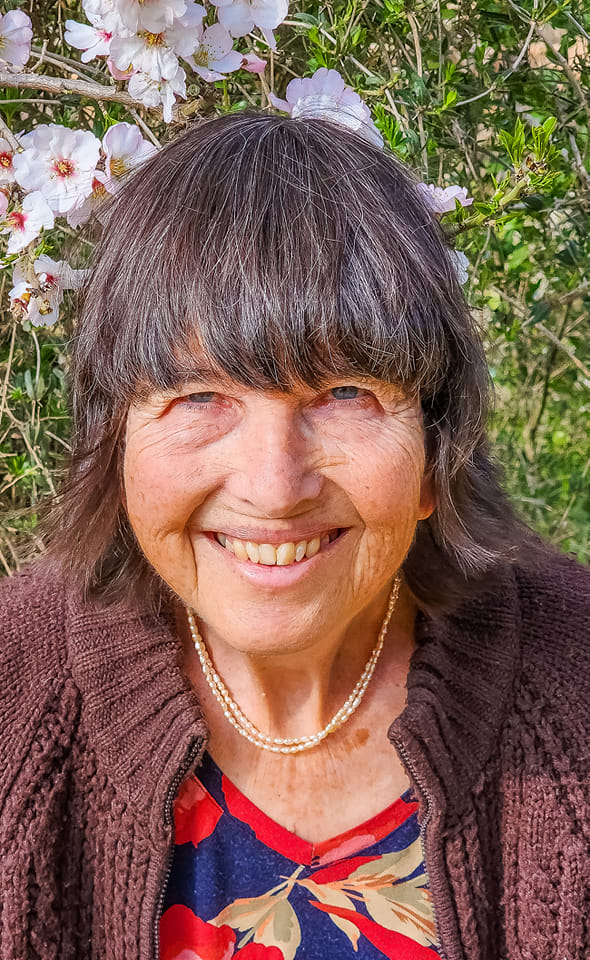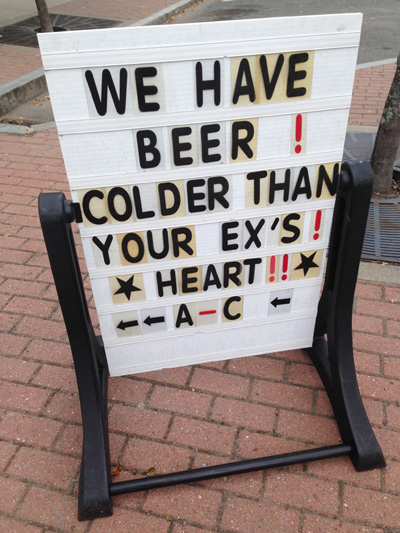In this second week of my Character Traits Series, author Miriam Drori gives us insights into Adrienne Harris-Morley, who she created for her novel Cultivating a Fuji. Miriam, who lives in Israel, has been the editor of my mystery series — a delightful experience. But let me step aside and let her tell you about the character she created.
Adrienne Harris-Morley has a lot going on in her life, despite being only a minor character in my novel, Cultivating a Fuji. She has two young children, and a husband who’s never around to help with childcare. When she has to work on a Saturday, as a clerk at London’s passport office, she farms the kids off at her begrudging sister’s place.
Cultivating a Fuji is the poignant, humorous and uplifting story of Martin, a guy who doesn’t fit into society.
When writing this tale, I made the decision to give backstories to all the characters who come into contact with Martin. If I hadn’t, they would probably have been seen as callous or uncaring. In reality, most people are tied up in their own problems and don’t have the emotional space to better understand someone who strikes them as weird.
Because Adrienne has come up in the world, I decided she needed a double-barrelled name. I tried out a few until I found one that chimed with me.
Martin, who’s a brilliant computer programmer but has no social skills, is sent to represent his company in Japan, meeting Adrienne when he needs an emergency passport. No one in the company expects him to succeed in selling their product, but he does, helped by the strangeness of Japan. What happens when he returns home to England is another matter.
The character of Adrienne is completely made up and not based on any real person. The reviews for the novel don’t include this minor character, but I would imagine readers would sympathise with all her problems, especially if they’ve also had to juggle work and children. They would understand that encountering Martin would add to her heavy load.
Here’s an extract from the only chapter in which Adrienne appears. The year is 1977:
She’d only just sat down at her desk and adjusted her glasses when her first customer approached. A young man, mid-twenties, short brown hair, carrying a royal blue rucksack. He looked quite normal and respectable apart from the fact that he was staring at the floor and his cheeks were rather flushed. Had he been running or drinking, or was he always like that? He sounded a bit out of breath when he finally spoke, but he was the first in a long queue, so he couldn’t have been running.
“Yes?”
“I… Is this the right place?”
“That depends what you’re here for.”
“Oh.”
“What are you here for?”
“I want to get an emergency passport.”
“Yes, this is the place. Sit down, please.”
Adrienne indicated the chair and the young man sat on the edge and glanced behind him, almost as if he were planning a quick getaway if things went wrong. What a shifty character. Just what she didn’t need this morning.
“Why do you need an emergency passport?”
“I… have to go abroad. They said I needed a passport.”
“Yes, of course you do. But why an emergency passport? Why do you need it in a hurry?” Prudence told her that she had to clarify everything carefully for this man. Maybe he didn’t understand the word emergency. Maybe he simply wanted to renew his passport.
“I… I have to go instead of Kevin… instead of someone else because he can’t go.”
“Where do you have to go?”
“Japan.”
Prudence whispered in her ear again and helped her to form her next question. “What do you have to do in Japan?” Clearly, she had to take this slowly and ask simple questions using words of one syllable. Unfortunately, her patience was waning at an alarming rate.
“Give a demonstration.”
“That’s a long word for you,” was on the tip of Adrienne’s tongue. Instead, she said, “What sort of demonstration?”
“A demonstration of our system.”
“What sort of system?”
“A computer system.”
“What does this computer system do?”
“It… well…”
Adrienne wriggled in her seat. Below the table she tried to get more comfortable by moving her legs apart. But then she felt the crotch of her tights lower than it should have been, and put her legs back together. And this was supposed to be progress. What was wrong with wearing stockings?
She was beginning to wonder whether this shady character was making it all up on the spot. She certainly found it hard to believe he could demonstrate a vacuum cleaner, let alone some computer system. In her mind’s eye, she saw this man on her doorstep with a giant vacuum cleaner beside him and the flex tied all round him. When she opened the door, he’d say, “I’ve come to… come to… I need to go in.” And he’d move forwards, trip over the flex, and fall headlong into her hallway.
She turned to the real version, still struggling to answer her question. “Yes?”
Bio
Miriam Drori was born and brought up in London and now lives with her husband and one of three grown up children in Jerusalem.
With a degree in Maths and following careers in computer programming and technical writing, Miriam has been writing creatively since 2004. After some success with short stories, which she continues to write and which have appeared in anthologies, Miriam turned her hand to longer fictional works, publishing a romance and a historical novella, co-written with another author.
Social anxiety features in Miriam’s latest publications. Social Anxiety Revealed is a non-fiction guide that explores this common but little-known disorder from multiple points of view. The book has been highly recommended by ‘sufferers’ as well as professionals in this field. Cultivating a Fuji is the story of a fictional character who battles against social anxiety before learning to make friends with it. Style and the Solitary, a crime novel, asks an important question: what happens when a suspect can’t stick up for himself?
When not writing, Miriam enjoys reading, hiking, dancing and touring.
Links to books and social media
Miriam Drori can be found on Facebook, Twitter, Goodreads, Pinterest, Instagram, Bookbub, Wattpad, YouTube and on her website/blog.
Her books are available at: Social Anxiety Revealed, Cultivating a Fuji and Style and the Solitary.







